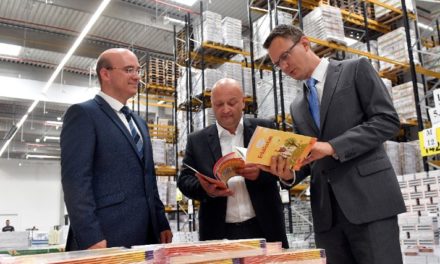Some security experts working in the Middle East have realized that the international market lacks a comprehensive information package for foreign workers that could facilitate their integration. Based on this need, they created a program and curriculum based on their own experience - from local culture, history, customs and family life to labor law - that helps employees integrate into the country in question. The integration of workers from third countries into society will be one of the great challenges of the years ahead.
"We created the integration support program for third-country workers. Our motto is to build a bridge between cultures," the founder and head of HZ Academy, Zoltán Hódosi, told Economx
Bridge construction is especially important if only because tens of thousands of guest workers come to Hungary every year.
The reception of guest workers in domestic workplaces is quite mixed, and their integration depends to a large extent on the attitude of employers.
A frequent source of tension is remuneration and a more lenient attitude towards workers from abroad. However, due to the constantly growing labor shortage and high turnover, Hungarian businesses are now also forced to employ guest workers.
The integration assistance program provides tangible answers to questions that are completely banal from the point of view of Hungary: from where is Budapest to what and how can you pay in Hungary, from using the English toilet, to eating etiquette, to labor law.
According to Zoltán Hódosi's experience, the market lacks an information source that offers help for adapting to different countries at an international level.
Having worked with many Asian and African workers in the Middle East, he saw the potential for cross-cultural conflicts and to prevent this he created an online e-learning platform available on desktop and mobile devices. According to him, the option of using a smartphone is extremely important because, for example,
in the Middle East, people can live in horribly poor conditions, some have no roof over their heads, but for example, despite all this, the smartphone is widespread and accessible to them.
The curriculum makes it easier for employers to welcome and integrate new employees, and also helps to avoid discrimination and supports cultural understanding. It is also beneficial for Hungarian employees, because they can prepare for the arrival of foreign colleagues. The essence of the system is that the employee receives his access password in his own country, before traveling to Hungary, and then has thirty days to complete the course consisting of six modules. After successful completion, the employee receives a certificate, which he can, for example, forward to the HR manager, documenting the completion of the integration assistance course. The training program is updated annually, with the ever-expanding experience. It currently has a modular structure and is constantly expanding with new content and experiences.
Photo: Attila Balázs / MTI













